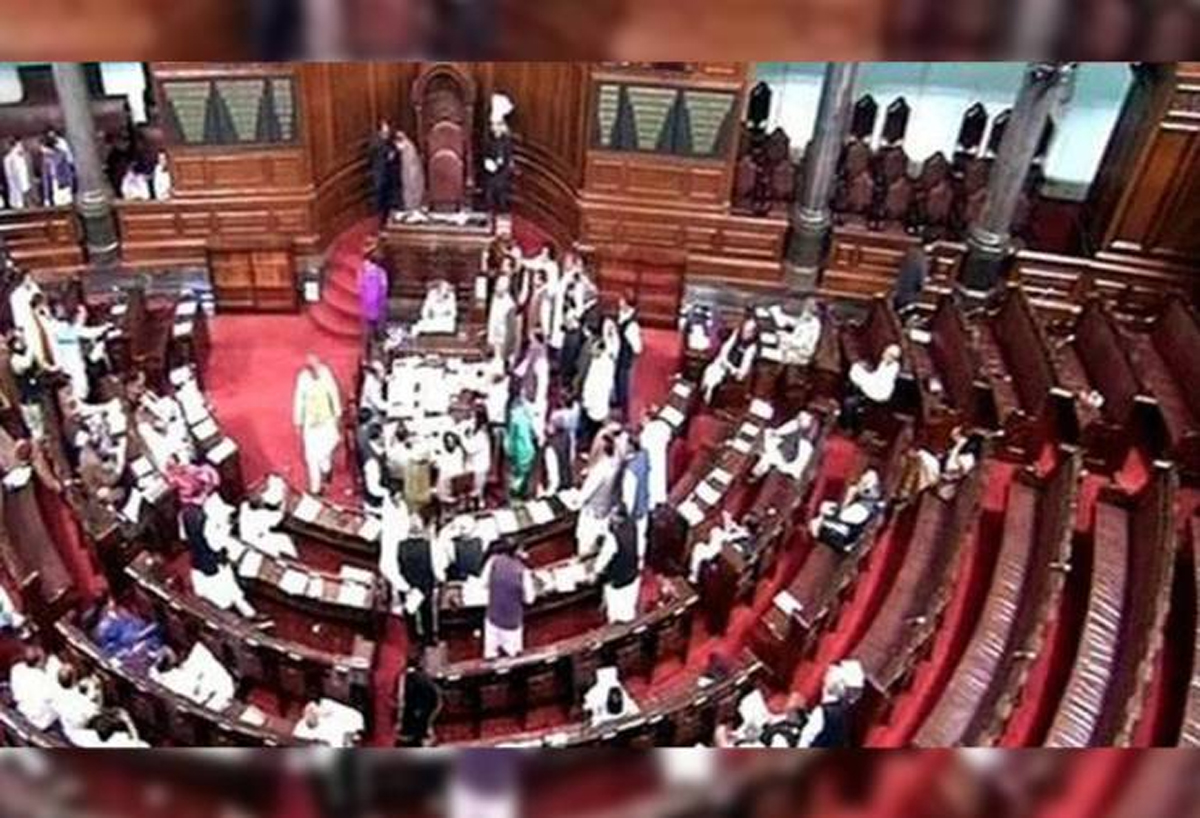Centre extends Delimitation Comm term by one year
Only one meeting conducted in one-year term of Panel
Sanjeev Pargal
JAMMU, Mar 4: With the Central Government extending term of the Delimitation Commission set up for Jammu and Kashmir for one more year, Assembly elections for first Legislative Assembly of the Union Territory are unlikely to be held for another one and a half year in view of follow up procedure after the Panel submits its report to the Union Ministry of Law and Justice.
The Ministry last night issued an order substituting words “two years’’ as against “one year’’ as term of the Delimitation Commission for Jammu and Kashmir. The Panel’s one-year term was due to expire tomorrow.
The Commission is headed by Justice Ranjana Prakash Desai, a retired Judge of the Supreme Court of India and comprised Sushil Chandra, Election Commissioner and KK Sharma, State Election Commissioner (J&K). Besides, it has five Associate Members, all of whom are Lok Sabha members from the Union Territory including Dr Jitendra Singh, Union Minister of State in the Prime Minister’s Office (PMO) and Jugal Kishore Sharma, both from BJP, Dr Farooq Abdullah, Mohammad Akbar Lone and Hasnain Masoodi, all three from National Conference which has so far dissociated itself from the Panel on the ground that the party has challenged Jammu and Kashmir Reorganization Act in the Supreme Court under which the Commission has been set up.
Excelsior had last week exclusively reported that the Delimitation Commission’s term is being extended as it was yet to complete majority of work pertaining to delimitation of Assembly constituencies in Jammu and Kashmir.
Click here to watch video
“Even if the Delimitation Commission submits its report within stipulated period of one year, Assembly elections in Jammu and Kashmir are unlikely to be held till 2022 end because of the follow-up procedure of the report,’’ sources said, adding the elections can be held earlier only if the Commission submits its report well before the completion of term, the chances of which are remote as the Commission has to visit UT and interact with various stakeholders.
They added that the Delimitation Commission’s recommendations pertaining to constitution of new Assembly segments including reservation of seats for Scheduled Castes and Scheduled Tribes had to be put in public domain for inviting objections. The claims and objections on new seats had to be settled. This is further followed by revision in the voter lists.
“This means that Assembly elections in Jammu and Kashmir are unlikely to be held for next one and half year,’’ sources said.
They, however, attributed delay in the Delimitation Commission report to Coronavirus pandemic also as the Panel chairperson and members couldn’t visit Jammu and Kashmir even once during first-year of their term. It was on February 18 i.e. the fag end of one-ear-term that the Commission held first meeting with Associated Members in New Delhi to take their opinion and brief them on the Commission’s activities. The meeting was, however, attended by only two Associate Members belonging to the BJP and boycotted by three National Conference MPs.
Presently, the Commission has invited suggestions from the Associated Members in writing on delimitation of Assembly constituencies. The BJP is in the process of preparing comprehensive documents to submit to the Commission for fair constitution of seats by removing years long political discrimination with Jammu region while the National Conference members are yet to take call on whether they would give suggestions to the Panel or not.
While splitting Jammu and Kashmir into two Union Territories through the Reorganization Act, the Union Home Ministry had increased Assembly seats of Jammu and Kashmir by seven taking total seats to 114, of which 24 are reserved for Pakistan occupied Kashmir (PoK) while election will be held for 90 seats.
Erstwhile State of Jammu and Kashmir had 111 seats including 24 reserved for PoK while elections were held for 87 seats. With creation of Ladakh as Union Territory, four seats of the region were reduced and the Assembly was left with 83 seats. However, with increase of seven seats, J&K UT will have an Assembly of 90 seats. Two women MLAs will be nominated to the House, which was the position earlier also.
In the previous Assembly, Kashmir had 46 seats, Jammu 37 and Ladakh four.
Delimitation of the Assembly constituencies was last held in 1994-95 during the President’s Rule when seats of the erstwhile State Assembly were raised from 76 to 87. Jammu region’s seats were increased from 32 to 37, Kashmir’s from 42 to 46 and Ladakh’s two to four. However, the delimitation was freezed in 2002 by the then National Conference Government headed by Dr Farooq Abdullah in lines with the decision taken by then Central Government headed by Atal Bihari Vajpayee.
Elections to the Legislative Assembly will be held only after delimitation of Assembly constituencies is completed.
Trending Now
E-Paper


